Falafel, a popular Middle Eastern street food made from chickpeas and/or fava beans, is generally gluten-free when homemade. However, store-bought falafel may contain gluten.
This article will expand on this further.
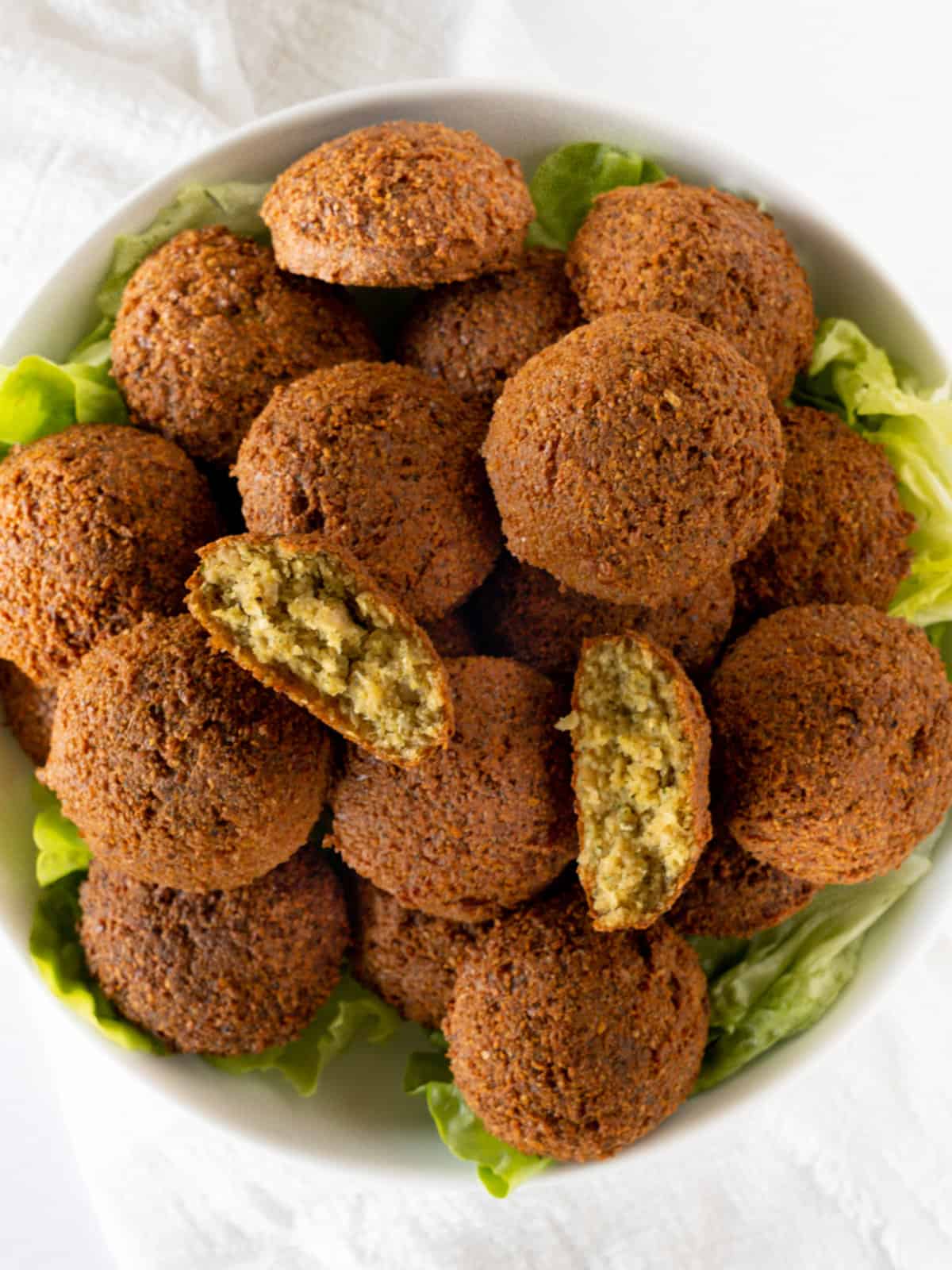
Traditional Homemade Falafel Ingredients
In my family, we've been making falafel for generations from chickpeas, fava beans, herbs, spices, baking soda, onions, garlic and a special ingredient.
These ingredients are naturally gluten-free and vegan, making falafel a great option for those avoiding gluten.
However, some recipes use wheat flour as a binder, which contains gluten.
Store-Bought Falafel Ingredients
While the core ingredients are similar to homemade falafel, many prepackaged mixes or premade falafel balls can contain gluten, either from added wheat flour or potential cross-contamination.
To cater to the growing demand for gluten-free options, some brands and restaurants now offer gluten-free falafel.
Always check for gluten-free labels, ingredient lists, and certifications to ensure safety.

Cross-Contamination Risks
Cross-contamination can occur in shared fryers or cooking surfaces used for gluten-containing foods, such as pita bread.
This risk is present in many falafel establishments and can render the food unsafe for those with celiac disease or gluten sensitivity.
When making food at home, ensure your cooking equipment, like your air fryer, is not shared with gluten-containing foods.
Safe Consumption
When dining out, communicate your gluten-free requirements to the staff and inquire about their cooking methods and cross-contamination practices.
Select restaurants that offer gluten-free options and prepare them in dedicated areas.
At home, use certified gluten-free ingredients and check labels carefully. If you're a guest, prepare in advance with the host to cater for your requirements.
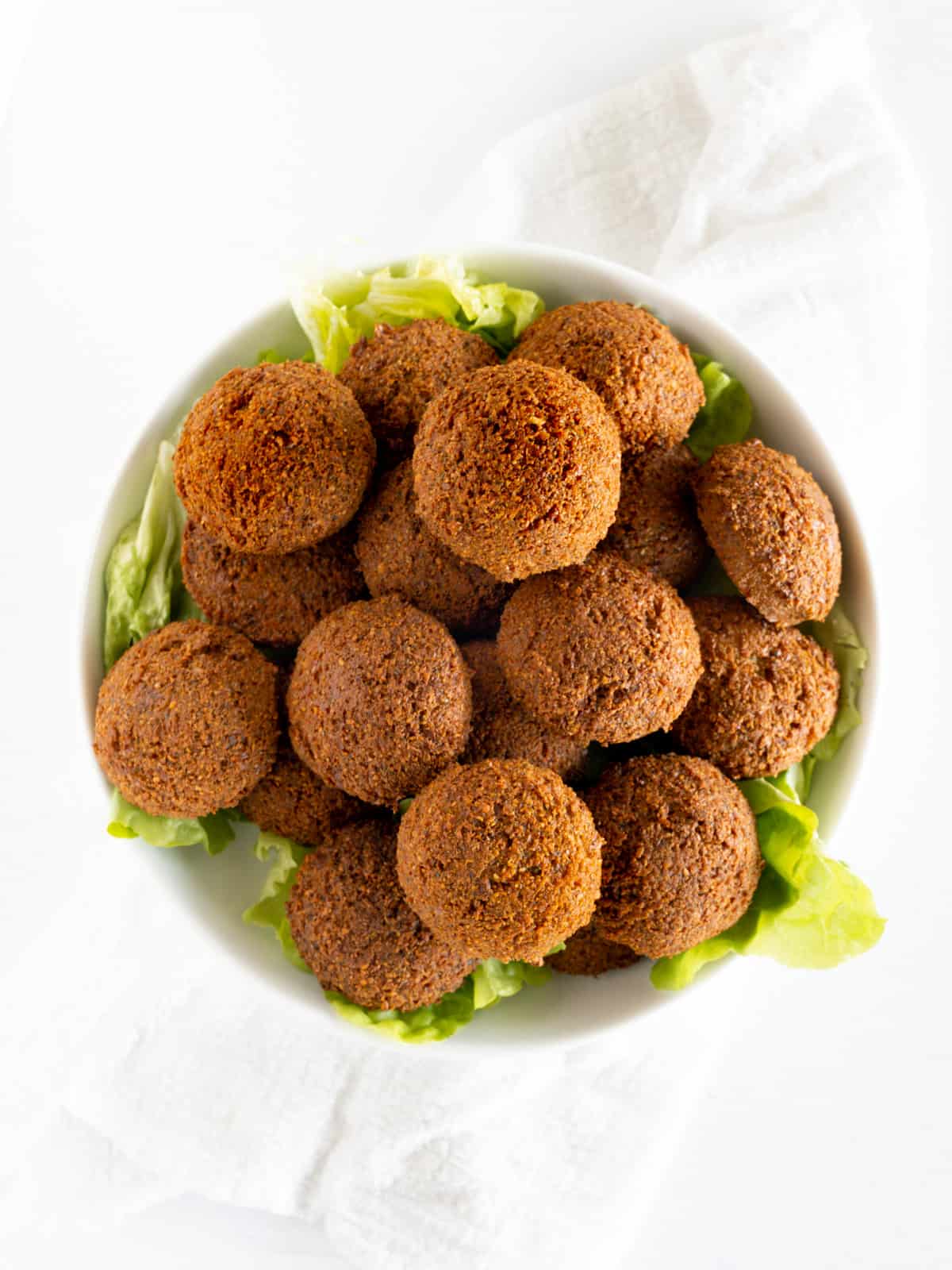
Understanding Gluten and Gluten Sensitivity
Gluten is a protein in wheat, barley, rye, and related grains. For individuals with celiac disease, consuming gluten can cause severe health issues.
Those with gluten sensitivity may experience symptoms like digestive discomfort and other health problems. I personally suffer from gluten sensitivity and experience flu-like symptoms, rashes, thyroid issues, body aches, and pains when I consume gluten.
Read more about the gluten free diet.
Learn About
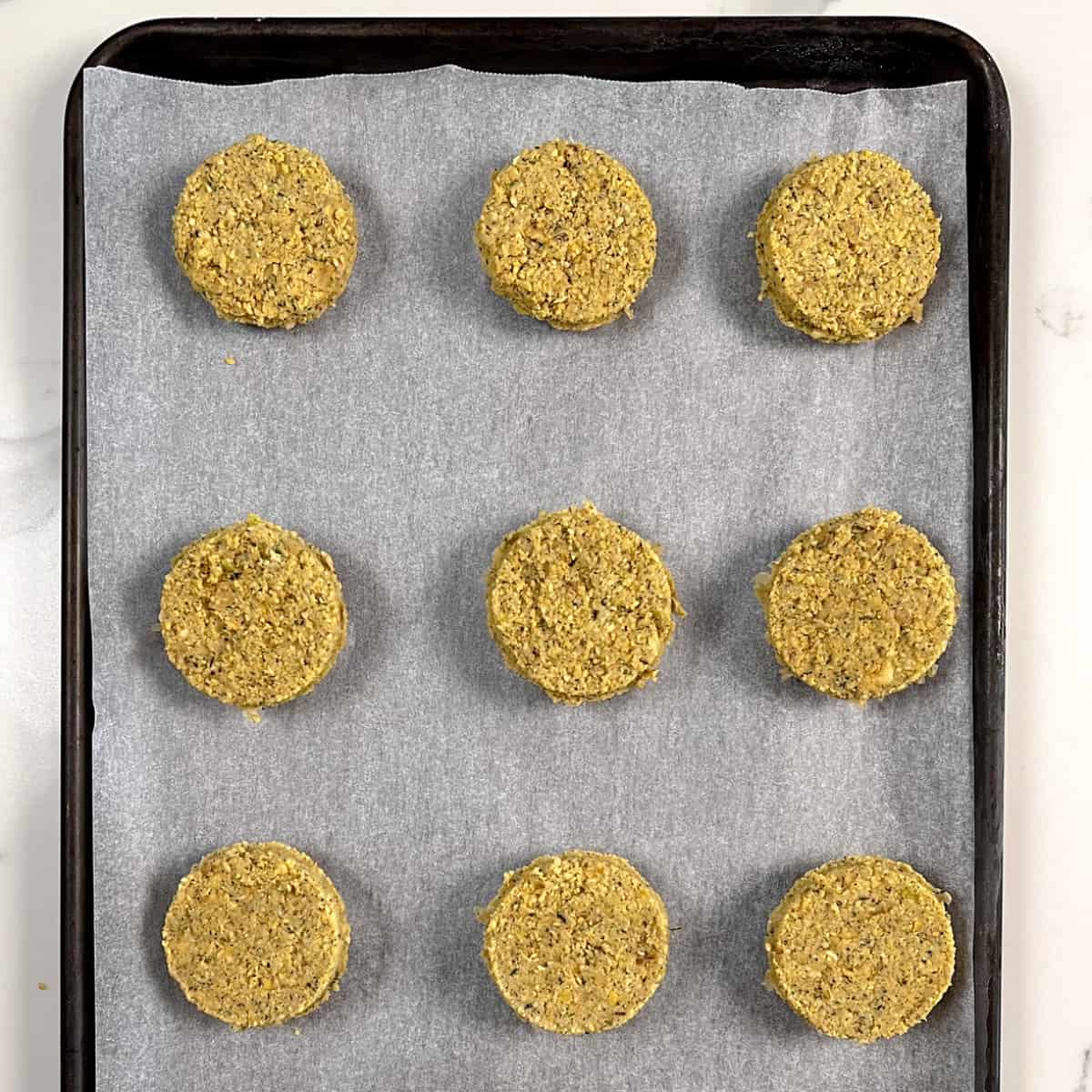
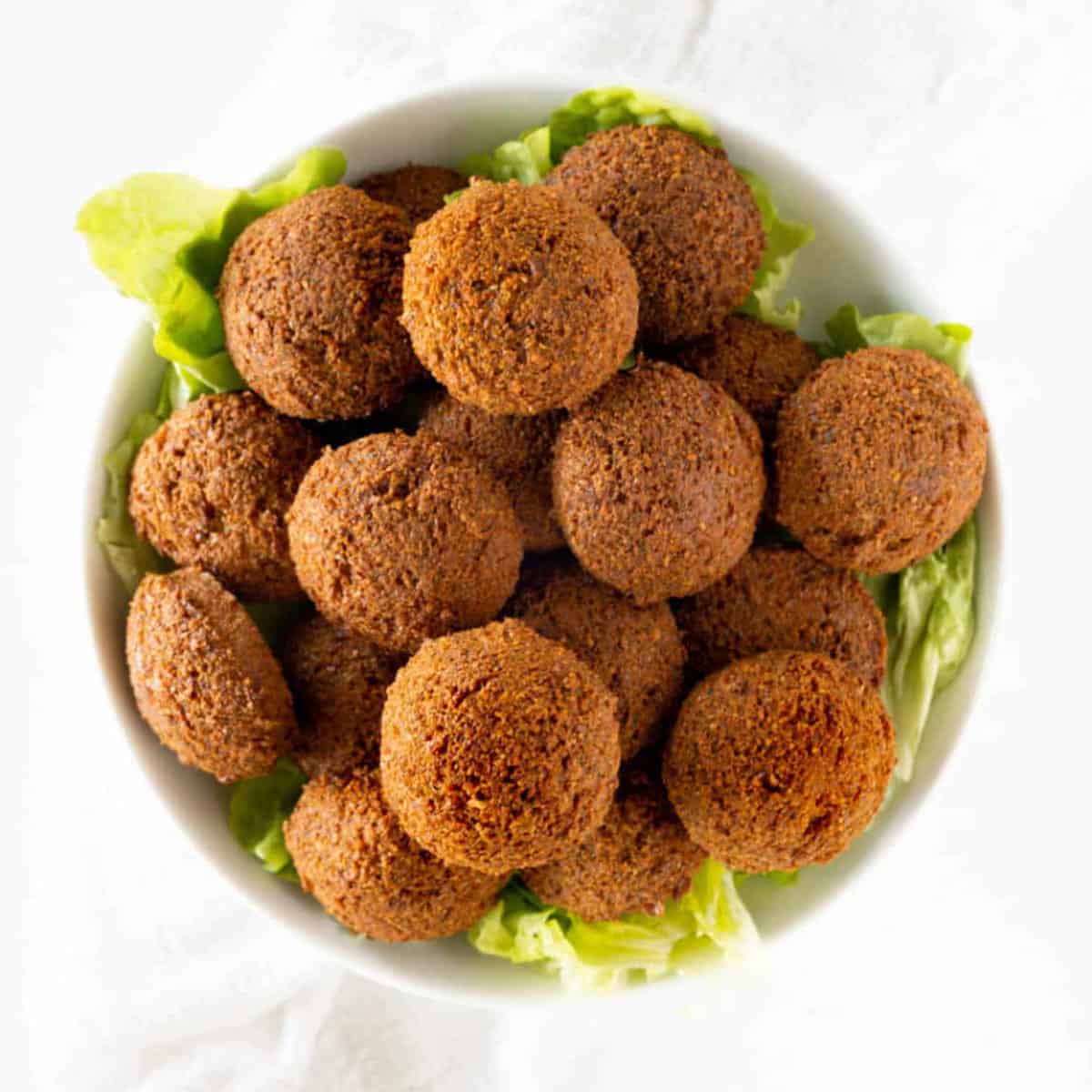
In conclusion, falafel can be both gluten-free and not gluten-free, depending on how it is prepared, served and the potential for cross-contamination.
Always communicate your dietary needs and choose safe options to enjoy falafel without gluten-related issues.

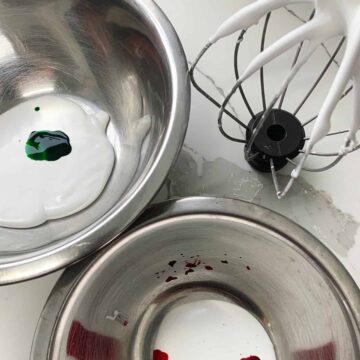
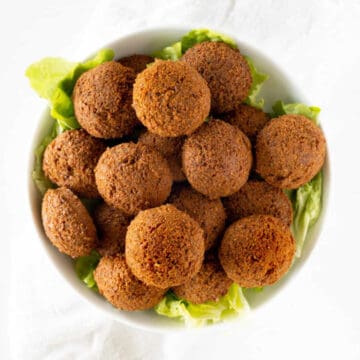
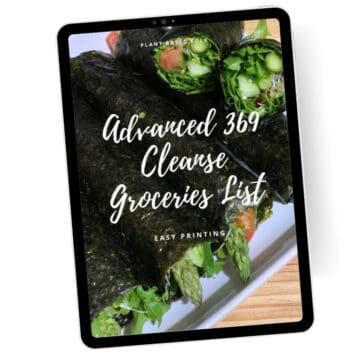
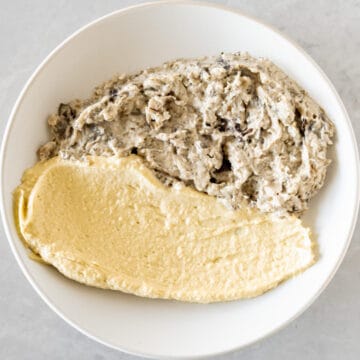
Comments
No Comments